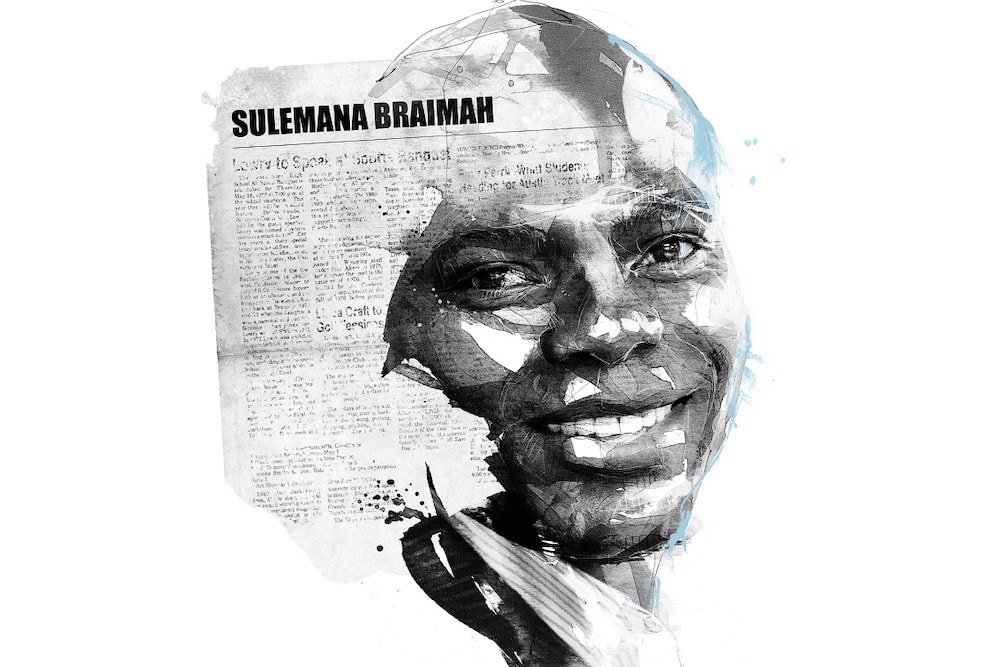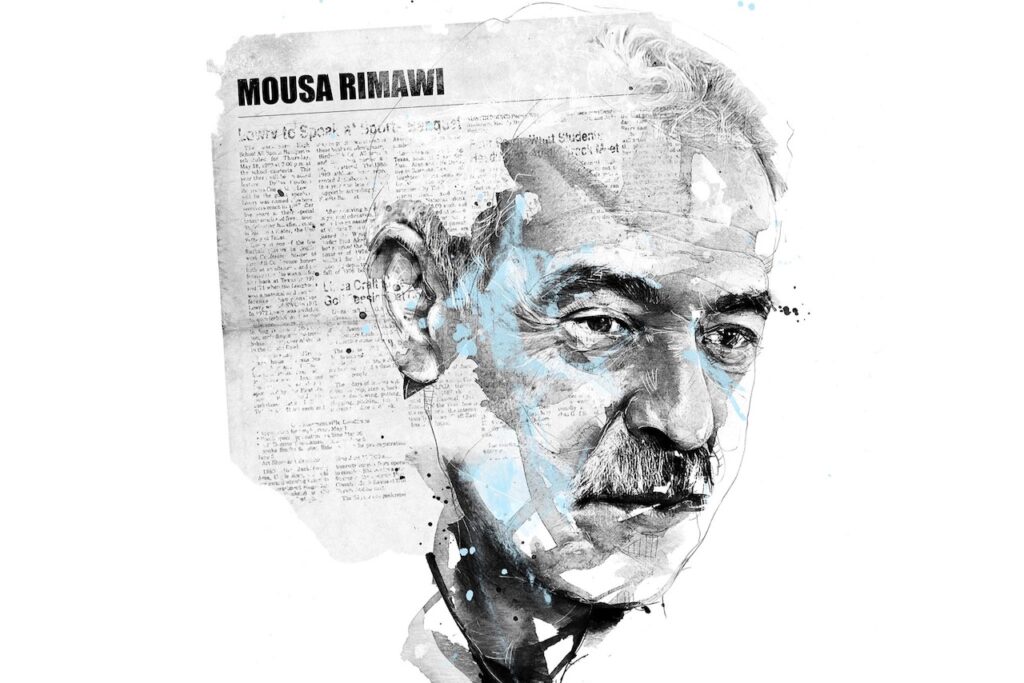Choi says that prejudice is the biggest concern facing North Korean defectors in the South, and works to challenge this through his popular online cartoon strip, Rodong Shimmun: The Enthusiastic Resettlement Diaries of a Male North Korean Defector.
"I'm not trying to prove what's right or wrong. I want to show that we're different, but also the same."
As a young man, Choi Seong-guk worked as an animator in Pyongyang, North Korea, at the premier animation studio known for contributing to Disney feature films such as The Lion King and Pocahontas. For eight years, Choi received a salary of $1 a month, plus rations of beef and sugar. But Choi soon learned that his foreign colleagues received a higher pay, while the studio was earning $8 million a year.
He soon left his ‘dream job’ and started selling computer parts. He also sold pirated DVD copies of South Korean films and TV dramas, until he was caught and arrested in 2006. He was expelled from Pyongyang and worked as a computer instructor in South Hamgyeong Province. There, he also used his computer skills to make portraits of individuals resembling South Korean TV characters. Realizing that this could land him in trouble again, he decided to leave North Korea in 2010, and join his mother, who had defected two years earlier. In an interview, he explained why he risked the 8,000-kilometer escape from the North to the South of Korea through China, Laos and Thailand.
“The North is an artificial world. You have to hide your feelings and the truth. The lifestyle is brutal… it’s absurd. I had to get out.”
In South Korea, Choi was hesitant to pursue the work of an animator because he felt his knowledge of his new home was still limited.
“When I first saw South Korean cartoons, I just didn’t get them. There were no stories about patriotism or catching spies or war. They just seemed useless to me,” he said in an interview.
Instead, Choi worked as a reporter for a radio station that broadcasts into North Korea, providing information to those who want to defect. Since 2014, Choi also participated in a weekly YouTube video program dedicated to North Koreans living in many parts of the world.
Soon though, he came to better understand the sense of humor of South Koreans, and once more became interested in cartooning. In February 2016 he started working for the publishing house Koreaura, where he drew cartoons depicting life in North Korea.
But his work as a cartoonist gained a much wider audience when he started to publish an online comic strip (known as webtoon in South Korea) via the Naver platform in May 2016 about the lives of North Korean defectors in the South.
His webtoon Rodong Shimmun: The Enthusiastic Resettlement Diaries of a Male North Korean Defector chronicles the life of Yong-chul, a North Korean defector who is struggling with his new life in the South, and it quickly gained a wide following – with an average of 20,000 online views. ‘Rodong Shimmun’ means labor interrogation, and it is a word play on North Korea’s Rodong Shinmun, the country’s labor newspaper.
Instead of a testimony of torment about the situation in the North, Choi’s webtoon uses humour to shed light on cultural and linguistic misunderstandings encountered by defectors residing in the South. Choi also inserts brief explanations in the webtoon about the differences between the North and the South in terms of language, cultural norms, and political practices.
For example, in one strip, Choi depicts how a male North Korean defector erroneously assumes that a South Korean woman is proposing marriage, when she is simply asking for his phone number. Choi explains that in the North, people simply call each other comrades.
In another strip, a defector thinks a military officer will torture him, when he is only being offered a cup of coffee. Another story depicts a newly arrived defector offering to bribe a doctor with Chinese cigarettes in order to receive medical treatment.
Choi says that prejudice is the biggest concern facing North Korean defectors in the South.
“People are prejudiced against defectors and they have trouble believing that they can do a job as well as ordinary South Koreans. This breeds misunderstandings that can sometimes get out of hand. It gets lonely, too.”
Fortunately, his webtoon proves to be highly entertaining and effective in helping his readers understand the difficulties experienced by many defectors as they adjust to their new lives in the south.
Choi believes that culture will play a decisive role in the reunification of the two Koreas.
“Culture is stronger than a nuclear weapon… If the government allows us, the North Korean defectors to bring in the culture, we don’t need any nuclear weapons, we can reunify through culture,” he said in an interview with the South China Morning Post.
In an interview with The Korea Economic Daily, Choi shared a similar message. “I will bury my bones in the cultural industry. I have seen how there is nothing more powerful than culture and media for changing North Korea. There may even be a day that even North Koreans read my webtoon.”
His webtoon stories were compiled and published in January 2018 in a book series titled “In Search of Freedom”. Several chapters of Choi’s webtoon were translated into English through a thesis written by Allene D. Shaw at the University of Oregon in 2021.
Illustration by Florian Nicolle




